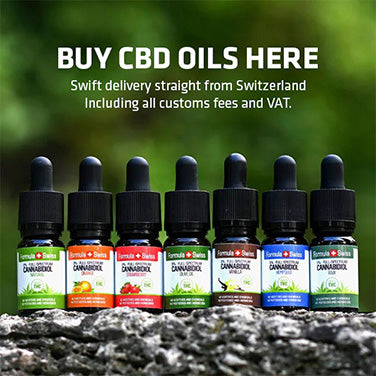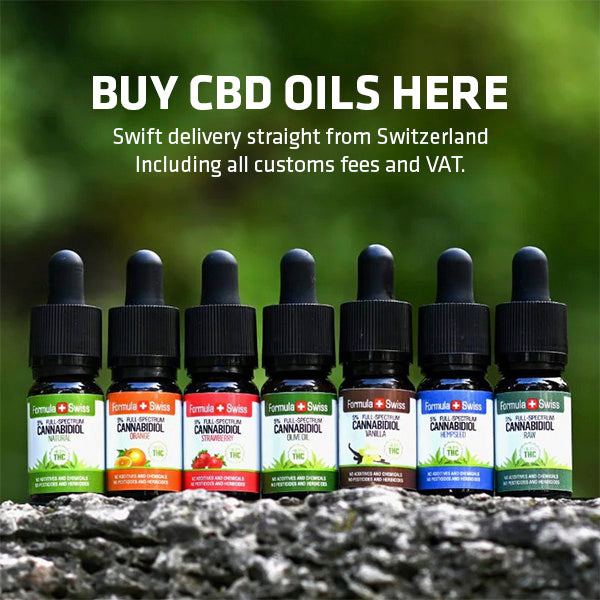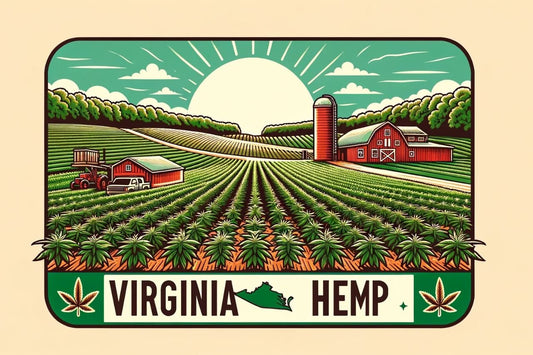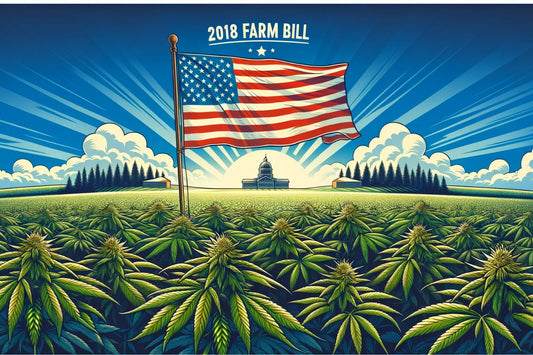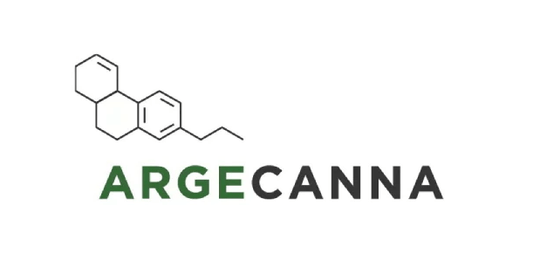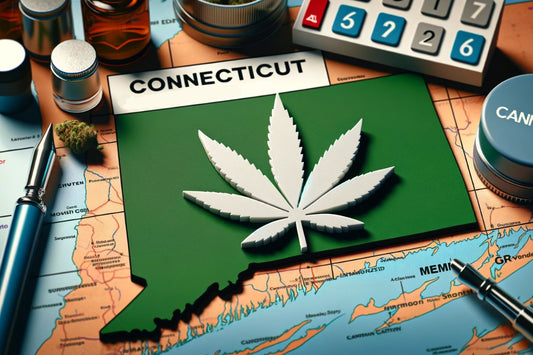Virginia's legal battle over Delta-8 THC and hemp regulations
In a significant development for the hemp industry, Virginia has become a battleground for the regulation of hemp-derived cannabinoids, particularly delta-8 and delta-9 THC. This controversy stems from the 2018 Farm Bill, which federally authorized hemp production and removed it from the Drug Enforcement Administration’s (DEA) schedule of Controlled Substances. This legislative change catalyzed the growth of the hemp-derived cannabinoid market across the United States.
Recent judicial ruling on hemp regulation in Virginia
A federal judge in Northern Virginia recently rejected a request for an injunction against a new state law that imposes stricter limits on hemp products containing intoxicating levels of THC. This decision signifies that the new regulations will remain in effect until further legal adjudication.
The legal challenge was brought forth by two hemp businesses and a consumer, who filed a lawsuit contesting the new regulations on hemp-derived cannabinoid products. These regulations, effective from July 1, include a cap of 0.3% on hemp-derived products, a 2 mg limit on total THC, and a stipulated CBD-to-THC ratio of at least 25:1. As a consequence, almost all delta-8 THC products have become illegal in Virginia, though online sales persist.
Impact on businesses and consumers
The legal constraints have significantly impacted businesses and consumers alike. Northern Virginia Hemp and Agriculture, one of the plaintiffs, reported a 90% reduction in sales due to the new law. Similarly, North Carolina-based Franny’s Farmacy stated it could no longer legally ship its products into or through Virginia. A private citizen involved in the lawsuit expressed that the law hindered her access to delta-8 THC, which she used for pain and arthritis symptoms.
The plaintiffs argued that Virginia's regulations conflicted with federal law and impeded interstate commerce. However, U.S. District Judge Leonie M. Brinkema countered this argument in her opinion, emphasizing the state's authority and public interest in regulating such substances.
Judicial reasoning and future implications
Judge Brinkema’s 27-page opinion highlighted that delta-8 THC poses a credible threat to the Virginia population, including vulnerable groups like children. She stated that the state has the right to enact regulations to protect its citizens, even if it means deviating from federal statutes.
Addressing the contention of interstate commerce interference, the judge pointed out that Virginia law still permits the transportation of federally compliant hemp products through the state. The judge's decision indicates a potential uphill battle for the hemp industry as it navigates these new regulations.
While this ruling is not the final word on the new law, it marks a critical point in the ongoing debate over the regulation of hemp-derived products. The case continues to evolve, shaping the landscape of the hemp industry in Virginia and potentially setting a precedent for other states.


